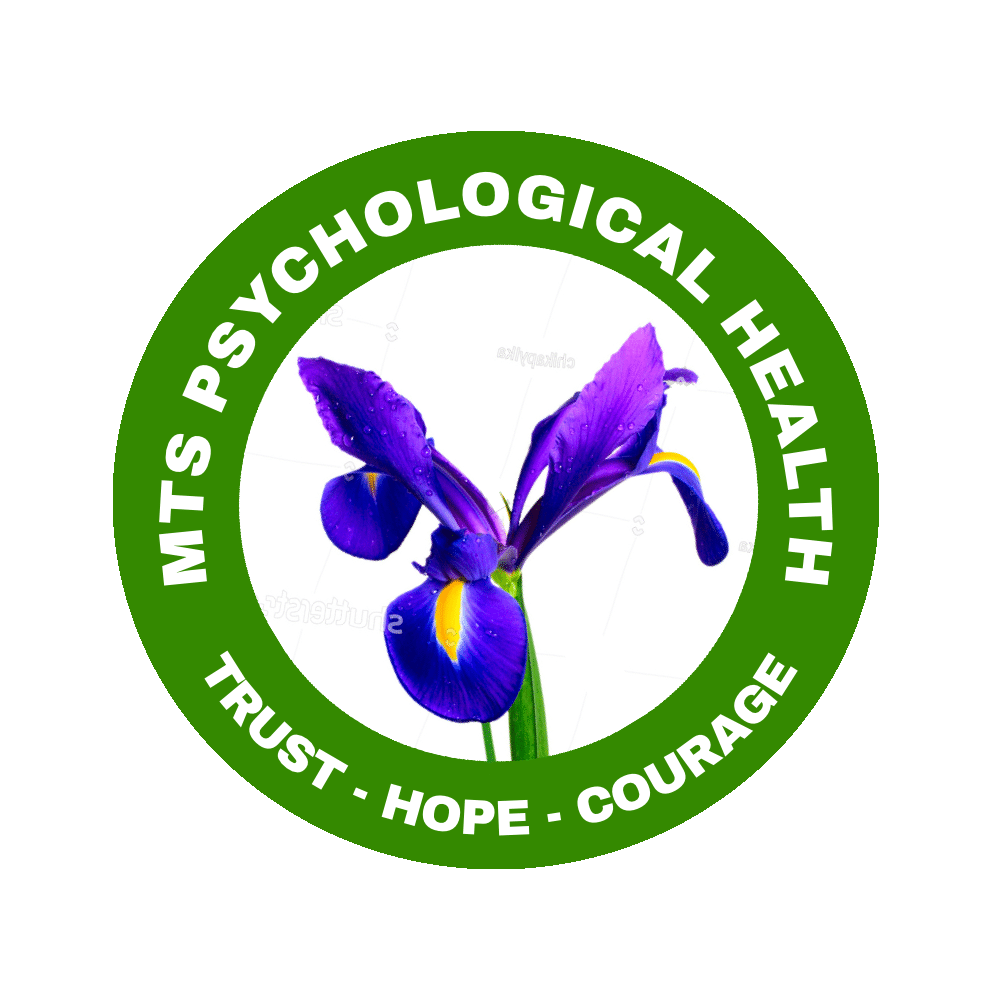The summer holidays are an opportunity for many of us to get a much-needed break from the stresses and strains of the daily routine.
Taking a holiday with our family and spending time with loved ones gives us the opportunity to reconnect and recharge.
Getting away from the everyday can have profound positive effects on our mental wellbeing – but, as this article shows, family holidays can also bring challenges.
Holidays can be good for our mental health
Stepping away from our daily routines gives our minds a chance to rest and rejuvenate. Many of us have noticed the positive impact that a break can have, with our productivity and creativity often increasing after time away.
Holidays give us a chance to unwind and relax and help reduce stress and prevent burnout. A change of scenery and the opportunity to enjoy leisure activities help refresh our minds, promoting a sense of calm and relaxation.
And getting away from work can often help us see situations in a different light and help us resolve problems.
Strengthening family bonds
Spending time away from home can help strengthen relationships. Away from the distractions of everyday life, family members can connect on a deeper level. Activities such as shared meals, playing games, going on outdoor adventures and exploring new places together can build a sense of unity and closeness, with shared experiences creating lasting memories that can provide a sense of continuity and support.
It’s well-established that family support can significantly improve mood and reduce anxiety. When we’re surrounded by people who care about us, we feel more secure and valued, and this sense of belonging can boost our self-esteem and provide a buffer against stress and negative emotions.
The positive emotions generated during family holidays can have a lasting effect, helping to build resilience and a more optimistic outlook on life.
Promoting mental wellbeing
Children, in particular, can benefit from the sense of continuity and support that family holidays provide. They learn the importance of spending quality time with loved ones and develop strong family values that can guide them throughout their lives.
For adults, regular family holidays can serve as a reminder of the importance of work-life balance. They provide an opportunity for us to take a step back, think about our lives and prioritise what really matters.
Focusing on the mental wellbeing of ourselves and our loved ones can lead to a more balanced and fulfilling life for all concerned.
Holidays can create mental health challenges
From a mental health perspective, there’s clearly a lot to recommend holidays. However, it’s important to remember that ‘getting away from it all’ can bring its own challenges.
Managing different interests and preferences, dealing with conflicts and ensuring that everyone has a good time can itself be stressful. The key is therefore to plan well and be open with everyone.
Involving everyone in the planning process is a good start. Discussing and agreeing on where to go and what to do can help ensure that everyone’s interests are considered.
If disagreements do arise, then dealing with them patiently and with understanding is the best approach. Encouraging open communication and finding compromises can help resolve conflicts amicably.
We’re going on holiday to enjoy each other’s company and create positive memories, so it’s important to maintain a flexible and cooperative attitude.
Tackle stress by thinking ahead
Planning travel, booking accommodation and organising activities can all be stressful, as can making sure that everyone has what they need for the trip – especially younger children.
It’s also important to consider the costs involved in going away. Planning ahead for the cost of travel, accommodation, meals, activities, souvenirs, emergency purchases and so on can help limit the negative impact on our mental wellbeing.
By thinking ahead, we can identify potential causes of anxiety and give ourselves time to decide how to address them and thereby lessen the pressure on our mental health.
Be thoughtful, patient and flexible
Family holidays inevitably mean spending more time together than normal which, while it can be a good thing, can also be a potential source of conflict.
A lack of personal space and privacy affects some people more than others. For family members who value time to themselves, this can be particularly challenging. Acknowledging each other’s needs and responding to them flexibly, where possible, can help reduce tension and conflict.
Changes in routine, such as different meal times and sleeping arrangements can affect everyone’s mood and energy levels.
The holiday might only be for a week, but it can often take a few days for both parents and children to adjust to the new environment – and it can also take time to re-establish old routines after the holiday.
For some people, especially children, being away from home and ‘normal life’ can make them feel homesick, and the pressure to enjoy themselves and have a good time can itself sometimes cause them to feel stressed and anxious.
Although these situations can be potentially stressful, being thoughtful, patient and flexible can often help us smooth over any difficulties – or at least limit their impact.
Acknowledge the challenges
In conclusion, family holidays offer a unique opportunity to reconnect and recharge. They provide a break from the stresses of daily life, strengthen family bonds and have a positive impact on mental health.
By identifying and acknowledging the potential challenges, we can be better prepared for what’s ahead, be more realistic about our expectations and help ensure that everyone benefits from time away together.
+++
Here at MTS Psychological Health, I am passionate about your mental health and emotional wellbeing. Don’t suffer psychological issues in silence: get in touch and discover how I can help you to alleviate a range of anxiety and depression symptoms from mild to severe presentations.
We can discuss the best clinical way to alleviate your suffering, which may be either through a course of psychoanalytic psychotherapy or with EFT (Emotional Freedom Technique / Tapping) and Aromatherapy, so you can enjoy life to the full again.

